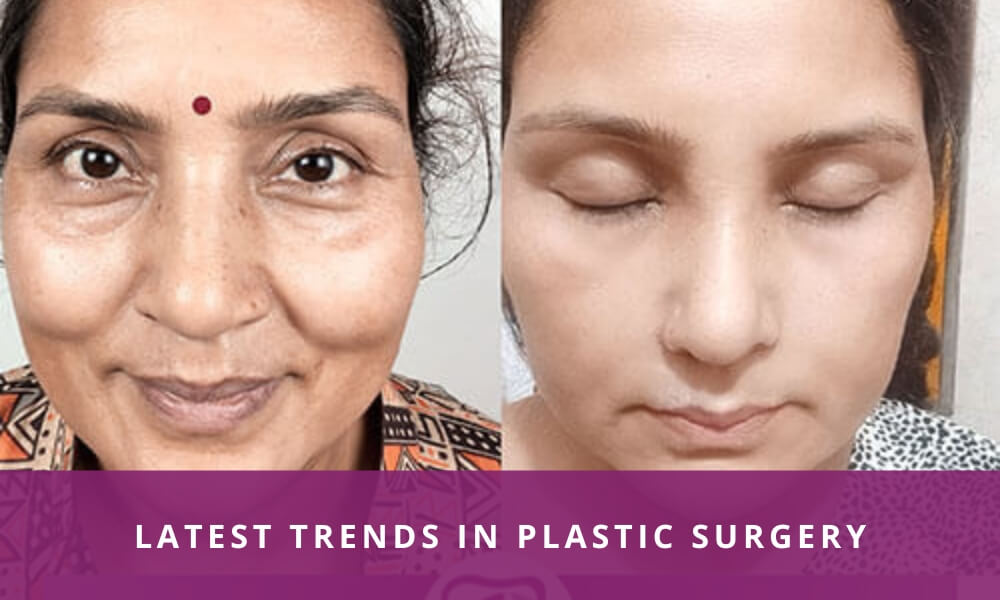Expert Plastic Surgery Bellevue: Transformative Outcomes with Proficient Doctors
Expert Plastic Surgery Bellevue: Transformative Outcomes with Proficient Doctors
Blog Article
A Deep Study the Common Validation for Seeking Plastic Surgery: Unpacking the Desire for Change and Self-Improvement
:max_bytes(150000):strip_icc():focal(745x123:747x125)/botched-plastic-surgery-drunk-surgeon-tout-010424-1d80c7b734e942eb8f0953dc13be8ee0.jpg)
Societal Stress and Elegance Requirements
Frequently, societal stress and dominating appeal standards play a considerable role in people' decisions to go after cosmetic surgery (liposuction bellevue). In modern culture, visual depiction greatly influences individual understandings of beauty, usually bolstered by media, star endorsements, and social platforms. These networks regularly promote idealized variations of beauty, leading individuals to internalize these standards and evaluate their self-worth against them

In addition, these pressures are not restricted to details demographics; they influence people across various ages, genders, and backgrounds, highlighting the prevalent nature of beauty standards. This widespread impact increases important questions concerning the ethics of plastic surgery and the effects of social requirements on specific choices. Eventually, recognizing these stress is vital for fostering a more inclusive definition of appeal that commemorates diversity.
Individual Experiences and Transformative Stories
Lots of people who undergo plastic surgery record transformative experiences that expand beyond mere physical changes. For lots of, these treatments act as a driver for improved self-esteem and a restored sense of identity. People often explain feeling freed from enduring insecurities, resulting in enhanced confidence in both expert and personal worlds.
Take, for instance, the story of a girl that undertook breast enhancement after years of feeling awkward regarding her look. Post-surgery, she reported not only a newly found convenience in her body yet additionally a considerable improvement in her social life and occupation chances. Likewise, a middle-aged male that chose to undergo a renovation shared exactly how the procedure rejuvenated his expectation on life, prompting him to seek new interests and connections.

Psychological Variables Behind Aesthetic Surgical Procedure
Countless psychological variables add to the decision to go through plastic surgery, showing much deeper psychological and mental health considerations. Individuals frequently seek surgical enhancements as a method to deal with feelings of insufficiency, low self-esteem, or frustration with their look. These emotional inspirations can be rooted in past experiences, social comparisons, or personal aspirations.
Body picture distortion is a common problem, where people perceive their physical attributes in an exaggeratedly adverse light. This distortion can lead to compulsive ideas concerning perceived problems, prompting the desire for medical change as a solution. Additionally, the quest of perfection and social stress can enhance these sensations, pushing individuals towards aesthetic treatments in hopes of achieving an idealized variation of themselves.
In addition, the idea of self-improvement plays an important duty. Numerous individuals check out cosmetic surgical treatment as a path to enhance their lifestyle, believing that enhanced look will cause boosted social approval, better relationships, or boosted profession chances. Ultimately, the emotional factors behind cosmetic surgical procedure underscore the complicated interplay between individual self-perception and exterior influences, disclosing the multifaceted nature of the desire for change.
The Role of Media in Assumption
In today's society, media plays an essential duty fit understandings of elegance and self-worth. Via numerous platforms-- social media, tv, and advertising-- idealized standards of elegance are usually shared, affecting specific ambitions and self-image. These representations often emphasize narrow interpretations of appearance, mostly featuring younger, slim, and electronically boosted images, which can create unrealistic criteria for individuals striving to adjust.
The effect of media is additional exacerbated by the pervasive nature of social networks, where users are pestered with curated content that highlights aesthetic go now enhancements, supporting a society of contrast. This consistent exposure can cause feelings of inadequacy amongst viewers, triggering them to think about plastic surgery as a way of achieving the perceived perfect. Study suggests that individuals who involve with these media representations are most likely to express discontentment with their look, strengthening the desire for medical treatments.
Moreover, the normalization of plastic surgery in media narratives can desensitize target markets, framing such treatments as commonplace and also needed for social acceptance. Therefore, the media's representation of beauty not just affects private selections concerning plastic surgery but likewise contributes to a broader societal discussion regarding self-respect and identification.
Moral Factors To Consider and Future Fads
In the middle of the growing popularity of cosmetic surgical treatment, moral considerations surrounding the practice have become significantly prominent. As the need for treatments increases, so as well do worries concerning educated consent, the psychological motivations of people, and the possibility for exploitation by specialists. It is vital for specialists to make sure that clients totally comprehend the dangers and benefits, as well as the ramifications of their choices, to cultivate a liable method to cosmetic enhancements.
Furthermore, the influence of social media sites and charm requirements questions about the influence on psychological wellness, especially amongst at risk populaces. As recognition of body photo issues grows, moral technique demands a cautious evaluation of the motivations behind medical treatments. Doctors have to balance person needs with ethical responsibility, guaranteeing that decisions are rooted in authentic self-improvement instead than social pressures.
Looking to the future, patterns may shift towards non-invasive and technologically advanced procedures, stressing person safety and complete satisfaction. Furthermore, the unification of psychological examinations might assist attend to underlying issues before surgical intervention. The plastic surgery field must adjust to these moral difficulties while advertising a society of openness and self-acceptance, ultimately prioritizing the well-being of patients.
Final Thought
To conclude, the search of cosmetic surgical treatment is affected by a confluence of social pressures, individual experiences, and psychological variables. The wish for alignment with prevailing elegance criteria, combined with the potential for transformative end results, emphasizes the intricate motivations driving people toward these procedures. Moreover, the function of media fit understandings of charm can not be understated. As ethical considerations advance, future patterns in cosmetic surgical check over here treatment will likely show ongoing social dialogues surrounding self-improvement and individual identity.
Often, societal pressures and dominating beauty criteria play a substantial function in individuals' choices to seek cosmetic surgical procedure. liposuction bellevue. Ultimately, these transformative tales highlight the diverse factors people look for cosmetic surgery, intertwining personal development with the quest of aesthetic improvement
Lots of individuals see cosmetic surgical procedure as a pathway to improve their high quality of life, thinking that enhanced appearance will certainly lead to boosted social approval, far better relationships, or improved occupation opportunities. Ultimately, the mental elements behind cosmetic surgical check out here procedure emphasize the complicated interplay between private self-perception and external influences, exposing the complex nature of the desire for modification.
As ethical factors to consider evolve, future patterns in cosmetic surgical treatment will likely mirror continuous social dialogues bordering self-improvement and specific identification. liposuction bellevue.
Report this page